In collaboration with People for PSEO, the Minnesota Student Association plans to increase PSEO student access to campus mental health resources in an upcoming initiative.
PSEO, or Postsecondary Enrollment Options, allows high school-aged students to take university-level courses to fulfill both high school and college credit requirements. PSEO students can take up to 12-13 credits at the University of Minnesota each semester.
Because they do not pay Student Services Fees, PSEO students have to pay additional expenses to access services at Boynton Health, said Zeke Jackson, the director of People for PSEO and a second-year University student. As a result, Jackson said PSEO students do not have equal access to mental health resources compared to undergraduate students.
To support their mental health, PSEO students have access to resources like Student Counseling Services, the Center for Spirituality & Healing’s “Wellbeing U” digital learning series, the Pet Away Worry & Stress program and a course titled Success Over Stress.
Some students said the University can do more to provide PSEO students with adequate mental health resources.
“If you don’t have a community as a PSEO student, and you don’t feel like you’re fully engaged at high school or college, PSEO can be really lonely,” Jackson said. “I would say that PSEO is so important to students for so many different reasons. Colleges should be providing services, diverse services, to students that reflect those differing reasons that students enroll in the PSEO program in the first place.”
Sophia Pung, a junior in high school and a first-year PSEO student at the University, said she has only received three emails from the University regarding mental health so far this semester. She also said she has not felt like a part of the University community, largely due to COVID-19.
“It’s definitely been harder because I haven’t felt like I am a PSEO student because I’ve not been going to the U at all. It is different, and I think it’s harder to learn for everyone and just in general,” Pung said.
Even though the initiative to provide more mental health resources to students is in the early planning stages, MSA’s PSEO representative, Safiya Anwar, said the initiative is personal to her.
“While a few [resources] on campus are available to PSEO students, there is more that can be done,” Anwar said in an email. “PSEO students may not voice their need for support due to the complicated process that arises. Concerns about privacy have also been brought up in the conversation surrounding mental health and PSEO students, as many are minors. In short, the discussion of PSEO students and mental health is complicated but ever-important.”


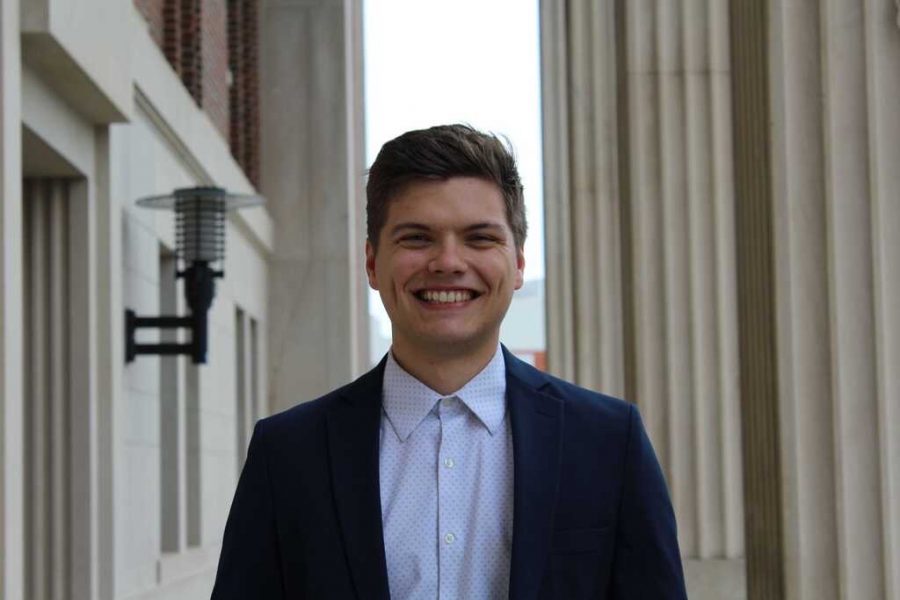





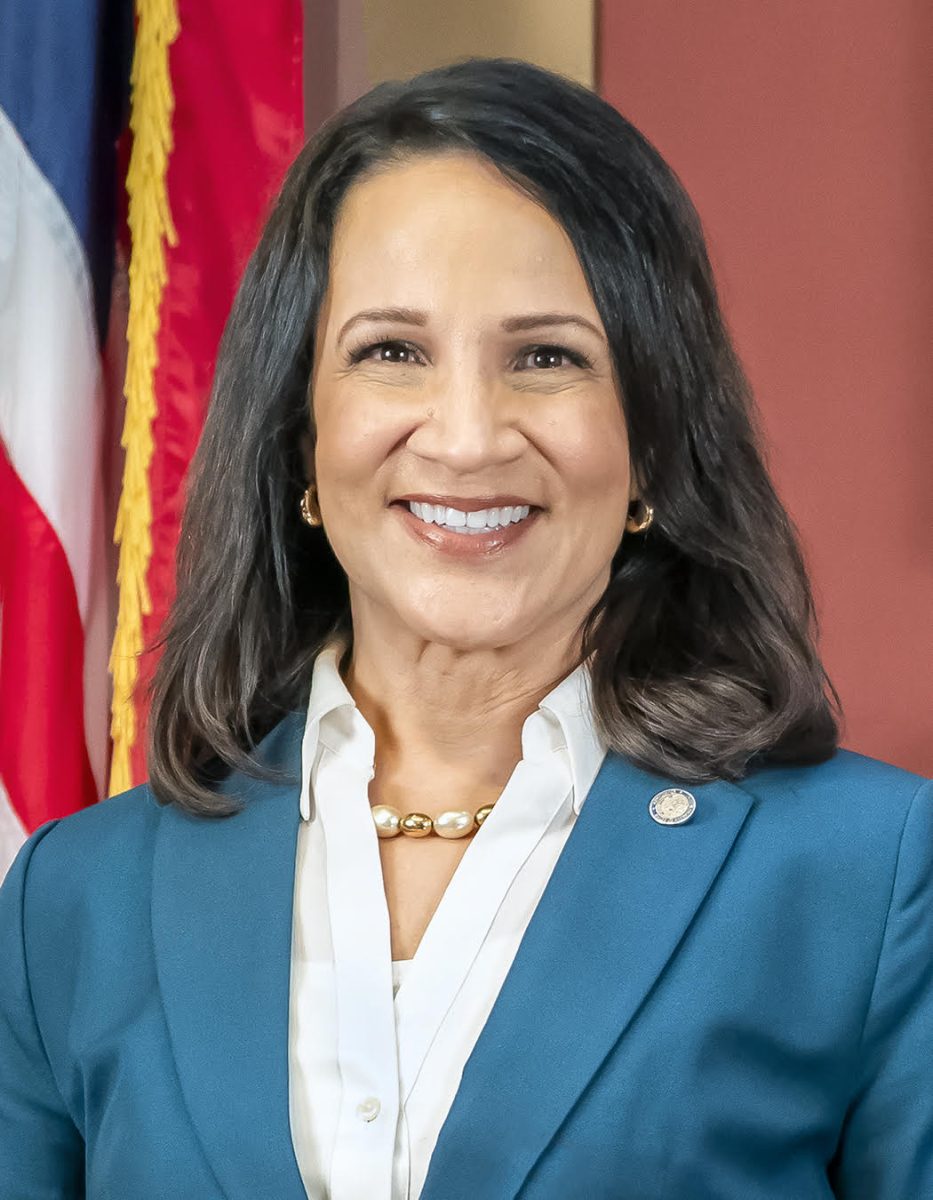
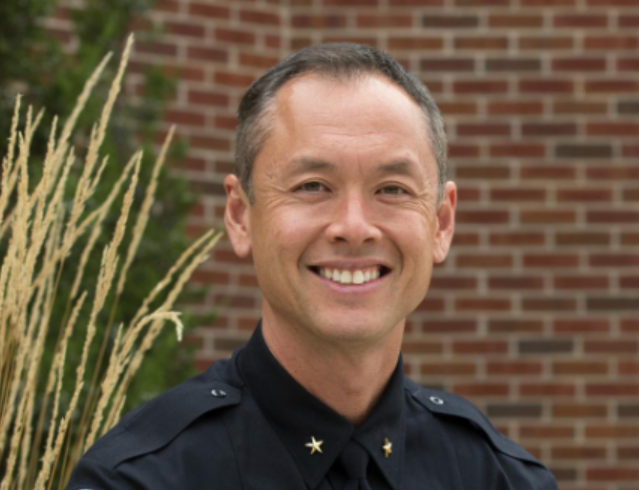
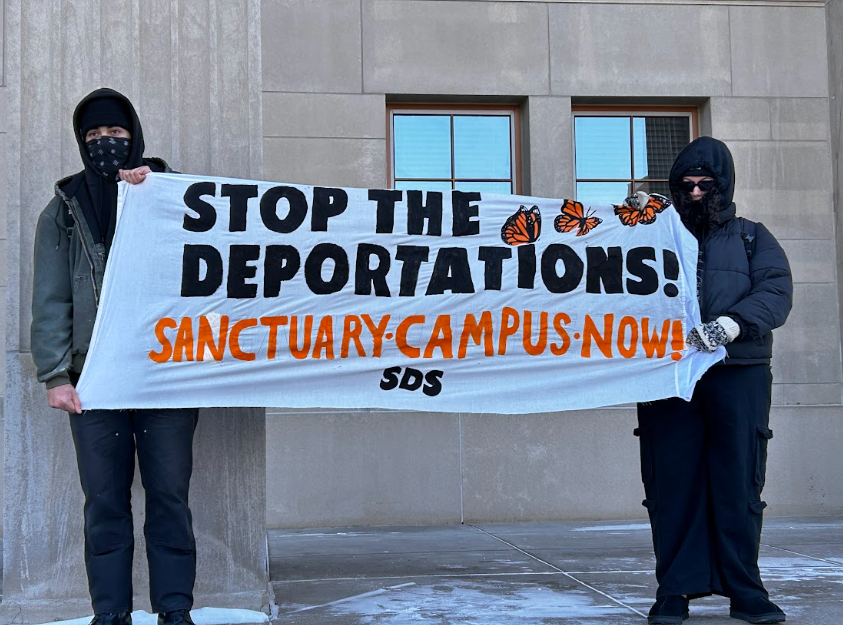
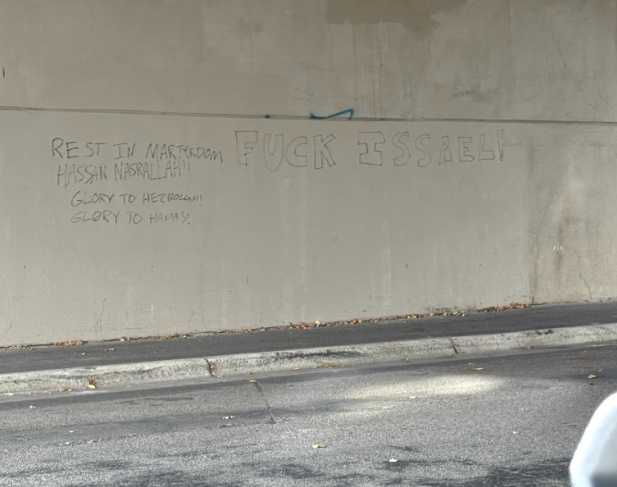


Bryan Rossi
Nov 12, 2020 at 6:41 pm
Great article and the colleges and universities who serve PSEO students must be sure to serve those students needs without compromise. We must not assume that PSEO students are getting all the support they need from their high school. Their post-secondary needs are best served at the post-secondary institution and support is critical to the benefit for all.
Veronica
Nov 12, 2020 at 9:13 am
I’m wondering about the mental health access to malfunctioing faculty. Of course we should provide for any young person who is attending the impersonal U of M. But what about the faculty who are in various stages of shakey mental health and are a danger to the students?
praiseinterracialmarriages
Nov 12, 2020 at 12:50 pm
I am enthused for this development! I was sort of a PSEO student during high school when I attended classes and other functions on campus related to work at the Humphrey School of Public Affairs, formerly The Humphrey Institute of Public Affairs.
As a student on campus, during my college education as a regularly enrolled student, I encountered bipolar depression and anxiety. We also thought that I had obsessive-compulsive disorder, but that was actually an effect of Asperger syndrome, a form of autism which left me as a highly functioning student.
During my time on campus, two students beat me over a two year period, and UMPD refused to assist, stating that because I was mentally ill, I brought on my own problems, therefore they would neither investigate nor arrest anyone on my behalf. A restraining order from a Hennepin County District Court judge, who had also been an honors student (like myself) at my highly ranked high school, and who also had bipolar disorder, solved the problems where university officials failed me…and led to grades that would not allow me to get into a desired graduate program.
The University of Minnesota is making great progress. I encourage students to seek mental health assistance if they feel like things are not going right for them or if they notice that people are avoiding them because of their personality. With the inroads we have had in both medication and talk therapy over the past thirty years since I was a student at University of Minnesota, this sort of assistance can greatly and positively affect the likelihood of great success as a college student and graduate student.
With my best wishes to all,
Barry N. Peterson
CLA Class of 1996
Minneapolis, Minnesota